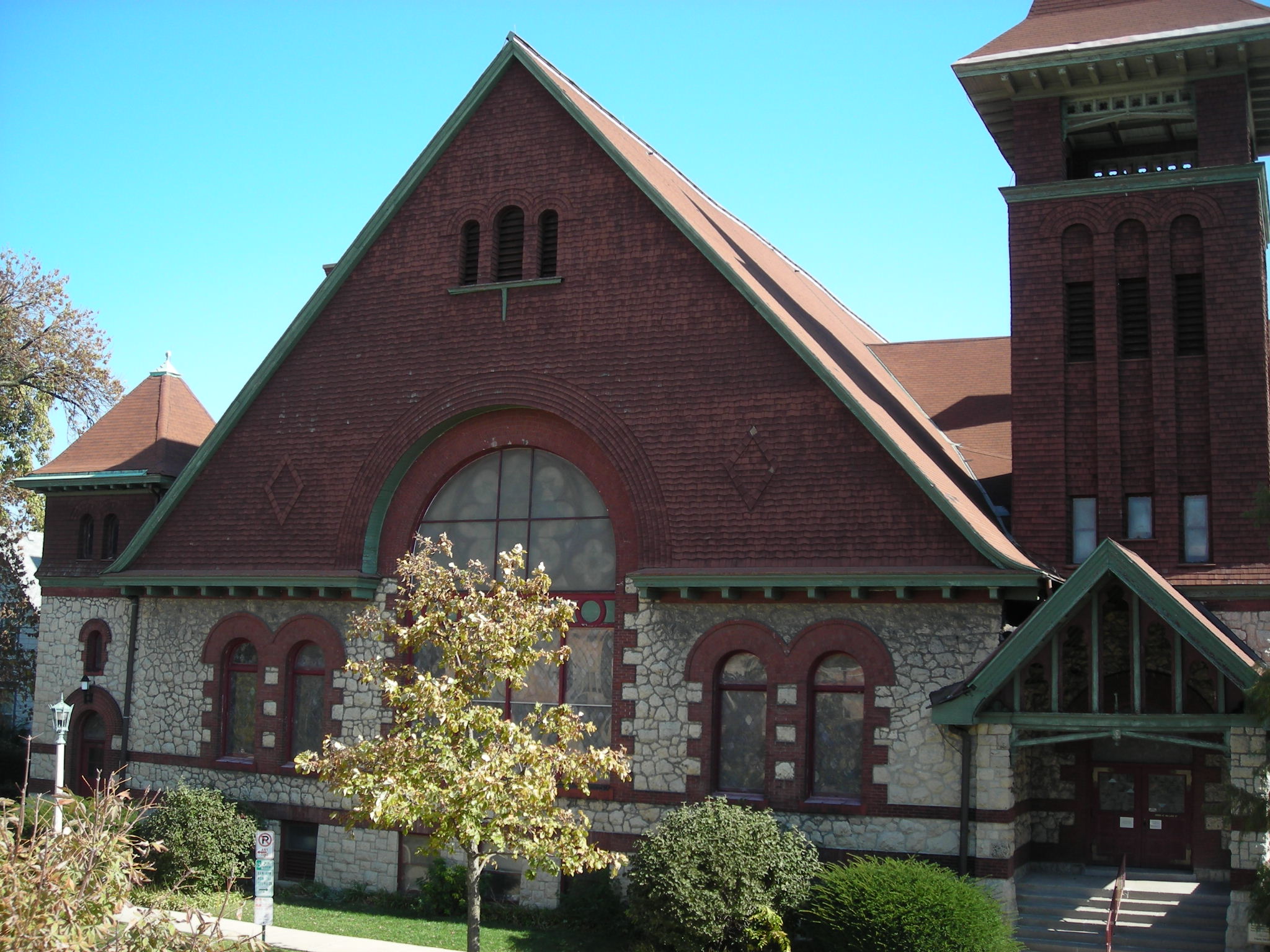
Shea: We’re wrapping up the “Feast!” series in a unique and exciting way.
Tim: Yes! For our final study we’re going to have “dinner church,” which is part of a new kind of liturgical movement that harkens back to the Early Church, when the first Christians worshiped around the table.
Shea: So it will be worship and study?
Tim: Sure will—we’ll enjoy a simple meal while we sing and pray and hear a brief message. “They shared all things in common,” the Book of Acts tells us as it describes what community life was like for the first Christians. So we’ll do something similar.
Shea: Any tip on the message? What are you thinking about there?
Tim: We’ll look at the harvest feasts that the Early Church observed: Pentecost, or the spring harvest festival, and Sukkot, the autumn festival. Both celebrations fire the imagination and invite us to think about our own faith tradition in fuller ways.
Shea: Pentecost gets our attention because we think of it as the Church’s birthdate. It’s when that great moment happens. The Holy Spirit descends on the believers, a great manifestation of power takes place, and Peter preaches his stunning message of radical inclusion: God said, “I will pour out my spirit on all flesh.”
Tim: You know what we say around Gather…
Shea: All means all, y’all!
Tim: Amen to that! If folks doubted what the Spirit was up to at Pentecost, it was because they had no idea what the harvest feast was all about. Pentecost’s main purpose was to celebrate the first great in-gathering of the season. The early wheat constituted a bounty that guaranteed folks would be nourished during the longer season, when they needed strength and stamina to bring in the autumn harvest.
Shea: So the Pentecostal “all means all” in-gathering was necessary to nurture the Church’s future growth.
Tim: Check this out. If the first-century believers behaved remotely like most Christians today there wouldn’t be a Christianity to speak of. If they got all wrapped up in keeping folks out, they would have never grown the Jesus movement as quickly as they did. The harvest at Pentecost—that first great in-gathering—provided Peter and Paul and all those working beside them with the fortitude and staying power to reap an even greater harvest.
Shea: Is that why there are so many references to harvests in their letters?
Tim: Yes. As bona fide Pentecostals, they identified as harvesters called to bring a new thing into existence. Since they’re our ancestors, we should be harvesters too. And we should embrace the Pentecostal view that “all means all!”
Shea: I say amen to that! I’m really looking forward to Thursday’s feast!

Join us this Thursday, as we conclude our study series, “Feast!” in the Fellowship Hall of Pilgrim Congregational Church, 460 Lake Street in Oak Park (Green Line: Ridgeland). Doors open at 7:00p, the worship begins at 7:30p. If you can’t be with us in person, join us via Facebook Live.
We need your help!
As we think about the future of Gather, please let us know what gifts you bring and would like to share with the community. There are many roles that have to come together to make Gather happen every week. This includes setup, technical support, worship, managing handouts and information, coordinating drinks, and teardown. We need your help. Please let us know what type of service you’d be interested in!
Watch God Work,
Tim & Shea
As we prepare to become a vibrant worshipping community, we invite you to enjoy a Spotify playlist that captures the kind of worship we hope to embrace. Give it a spin while you’re driving. Make it your workout jam. Add it to your devotional time. Most of all, feel yourself becoming part of a sacred village of believers who love their God and one another!
Check out the Gather Worship Playlist here.

